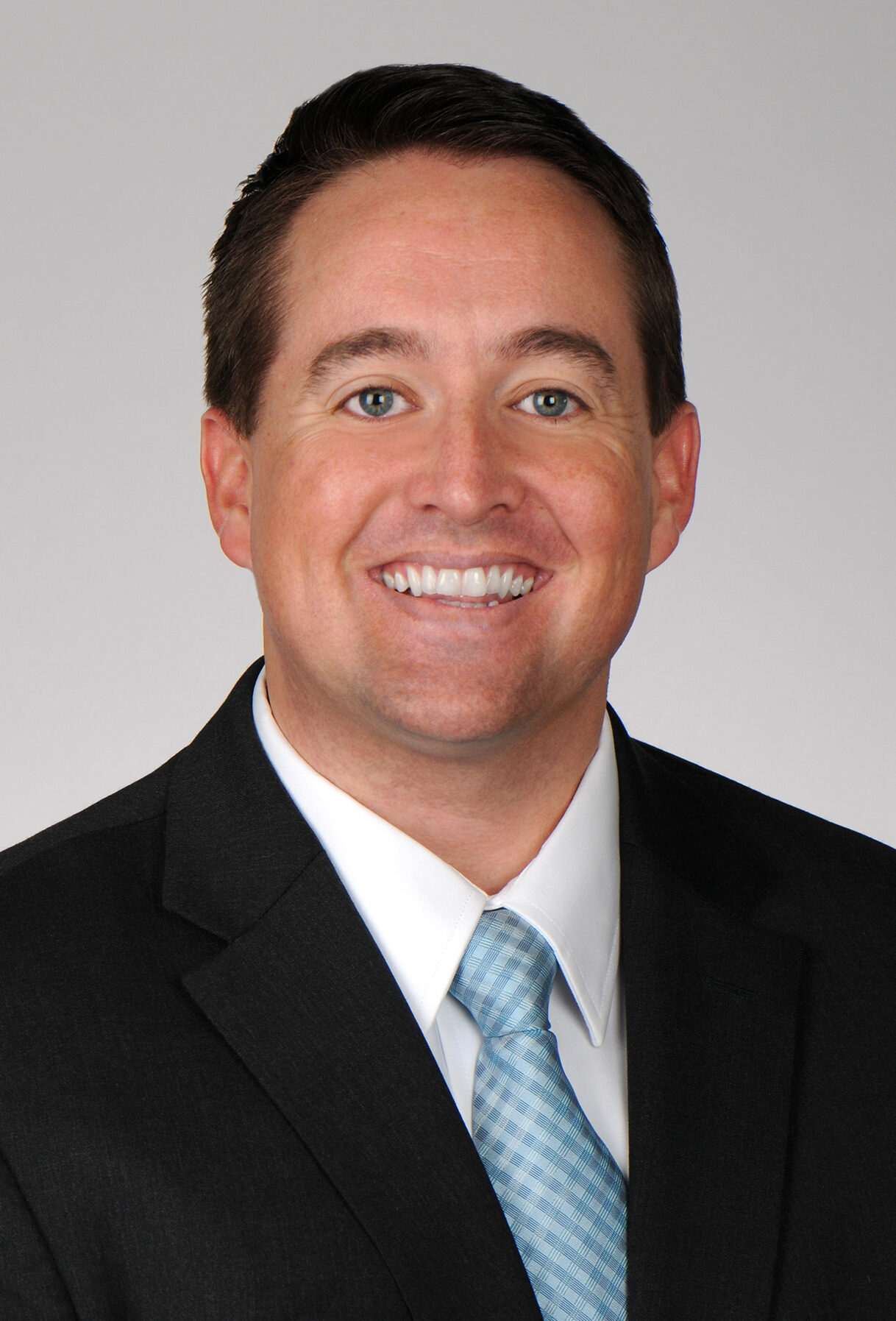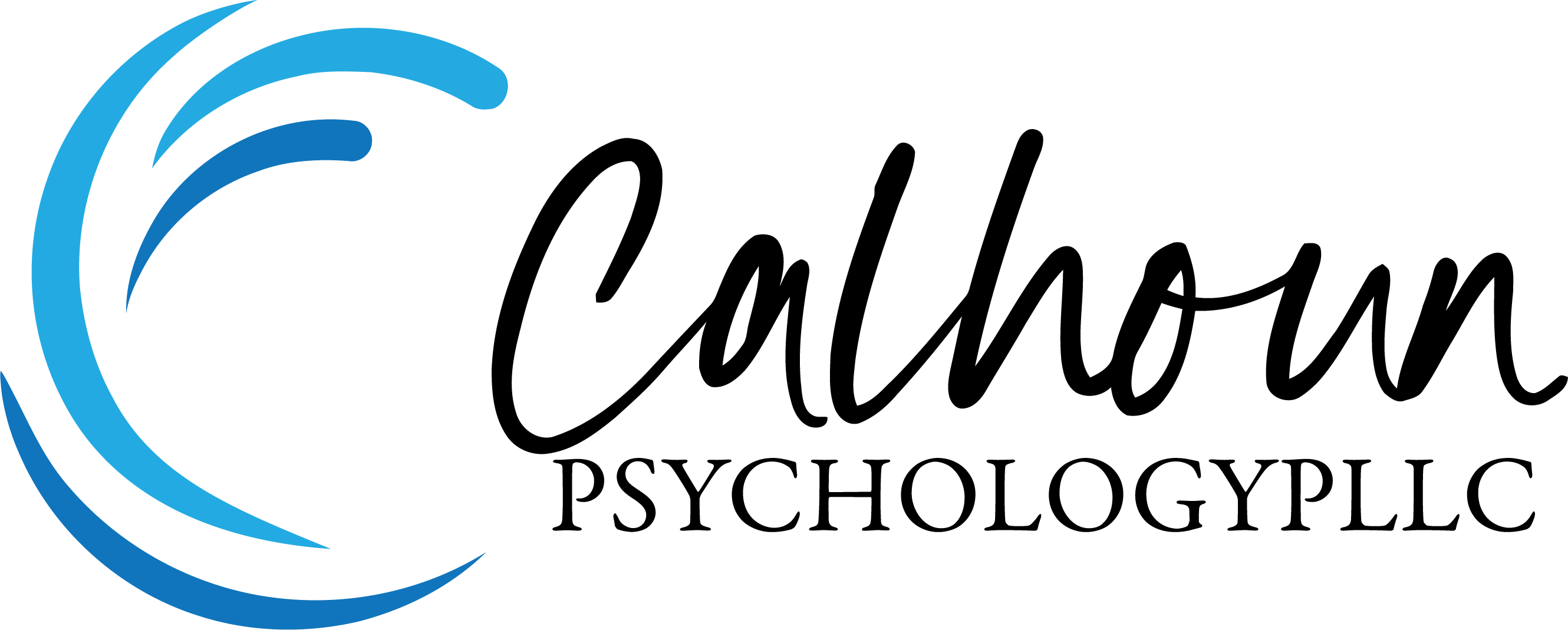Owner

Casey D. Calhoun, PhD
Owner, Licensed Psychologist
Dr. Calhoun founded Calhoun Psychology PLLC in 2022 to meet the growing mental health needs in the greater Raleigh area and to offer training opportunities to local graduate students, interns, postdoctoral clinicians, and provisionally licensed psychologists.
In addition to being the owner of Calhoun Psychology, Dr. Calhoun is a Licensed Psychologist and Assistant Professor in the UNC School of Education, where he serves as part of the core faculty for the School Psychology doctoral (PhD) training program (faculty profile).
Education & Previous Employment
Dr. Calhoun received his training at top-ranked psychology training programs and has worked at highly regarded treatment facilites.
- Clinical Psychology Phd, UNC-Chapel Hill (2016)
- Internship, Charleston Consortium Internship Program (Medical Unidersity of South Carolina/Ralph H. Johnson VA)
- Postdoctoral Fellowship, Charleston Consortium Internship Program (Medical Unidersity of South Carolina/Ralph H. Johnson VA
- Assistant Professor, National Crime Victims Center, Department of Psychiatry and Behavioral Sciences, Medical University of South Carolina
- Attending Psychologist for the Child and Adolescent Inpatient Program, Department of Psychiatry, UNC Chapel Hill School of Medicine
- Owner and Licensed Psychologist, Calhoun Psychology PLLC
- Tenure-track Assistant Professor, School Psychology PhD Program, UNC Chapel Hill School of Education (current)


Clinical Orientation
Dr. Calhoun’s approach to clinical intervention and supervision is rooted in his broad knowledge of psychological theory and research. He applies this knowledge to reach a deep and comprehensive understanding of an individual’s psychological symptoms. Using this approach, treatment targets can be determined more specifically and prioritized such that the therapeutic process is more efficient and able to produce more meaningful and long-lasting improvements.
Dr. Calhoun believes that the ultimate goal of therapy and assessment should be to foster confidence in clients’ ability to care for themselves. While individuals can always reach out for support when needed, those who have developed a greater sense of self-knowledge and self-efficacy are often more effective and efficient in resolving issues and preventing reductions in quality of life.
People are more than their symptoms or diagnosis, and Dr. Calhoun believes they should be recognized as such. He strives to provide services that capitalize on clients’ strengths and interests while supporting areas for growth, so that mental health services are both enjoyable and constructive. Dr. Calhoun holds unconditional positive regard for all clients, and he works with individuals to create a version of life that best aligns with their values, interests, and strengths.
Dr. Calhoun has been trained in a variety of different research supported interventions for children and adults, including: Cognitive-Behavioral Therapy (CBT), Dialectical Behavioral Therapy (DBT), Acceptance and Commitment Therapy (ACT), Trauma-focused CBT (TF-CBT), Prolonged Exposure (PE), Cognitive Processing Therapy (CPT), Habit Reversal Training (HRT), Exposure Response Prevention (ERP), Behavior/Contingency Management, Interpersonal Therapy, and Family Therapy.
Personal Bio
Dr. Calhoun is a first-generation college student who grew up in a small, rural NC town, where he was instilled with values that centered on helping others and serving the local community. These values have carried with him over the years and ultimately informed his decision to create Calhoun Psychology PLLC. He is married to his high school sweetheart and is the father of three boys. When he isn’t working or camped out at playplaces, playgrounds, and children’s events, he enjoys grilling, golf, tennis, basketball, and cheering for the Tarheels. He also enjoys traveling and taking family trips to Carolina beaches and mountains.
Professional Contributions
Throughout his career, Dr. Calhoun has contributed to the field of psychology in a variety of ways. He has maintained a program of research that has largely centered on better understanding the biological, cognitive, and interpersonal factors that affect stress vulnerability and lead to psychological symptoms. He is also currently developing mental health prevention programs for teens, including mobile app development and social media campaigns.
In addition, he has:
- Served as an investigator and collaborator on numerous federally-funded research grants
- Published over 30 peer-reviewed manuscripts
- Published professional development articles/chapters to support others in psychology
- Developed a self-help mobile app for survivors of mass violence (Transcend)
- Contributed to online training courses for clinicians (TF-CBTWeb2.0, CBTiWeb)
- Provided clinical supervision to graduate students, psychology interns, postdoctoral clinicians, and provisionally licensed psychologists.
- Served in numerous departmental and national leadership positions where he has advocated for mental healthcare, research, and improved training practices.
Publications
Peer-reviewed Research
(selected list)
Calhoun, C.D., Stone, K.J., Cobb, A.R., Patterson, M.W., Danielson, C.K., & Bendezu, J.J. (2022). The role of social support in coping with psychological trauma: An integrated biopsychosocial theory for posttraumatic stress recovery. Psychiatric Quarterly, 93(4), 949-970. 10.1007/s11126-022-10003-w
Calhoun, C.D., Nick, E.A., Gurtovenko, K., Vaughn, A.J., Simmons, S.W., Taylor, R.V., Twohy, E., Flannery, J., & Thompson, A.D. (2022). Child and adolescent psychiatric inpatient care: Contemporary practices and introduction of the 5S model. Evidence-based Practice in Child and Adolescent Mental Health, 7(4), 477-492. 10.1080/23794925.2022.2034551
Bendezu, J.J., Calhoun, C.D., Patterson, M.W., Vinograd, M., Giletta, M., Slavich, G., Hastings, P.D., Nock, M.K., & Prinstein, M.J. (2022). Exploring joint HPA–inflammatory stress response profiles in adolescent girls: Implications for developmental models of neuroendocrine dysregulation. Developmental Psychobiology, 64(3). 10.1002/dev.22247
Calhoun, C.D., Patterson, M.W., Bendezu, J.J., Helms, S.W., Owens, S.A., Rudolph, K.D., Hastings, P.D., & Prinstein, M.J. (2021). Linking post-stressor interpersonal processes in adolescent girls’ close friendships with acute HPA stress responses. Journal of Adolescence, 92, 10-19. 10.1016/j.adolescence.2021.08.001
Bendezu, J.J., Calhoun, C.D., & Wadsworth, M. (2021). Within-person patterns of psychobiological stress response correspondence: Links to preadolescent internalizing problems and coping behaviors. Anxiety, Stress, & Coping, 35(5), 592-608. 10.1080/10615806.2021.1982912
Bendezu, J.J., Calhoun, C.D., Patterson, M.W., Findley, A., Rudolph, K.D., Hastings, P.D., Nock, M.K., & Prinstein, M.J. (2021) Adolescent girls’ stress responses as prospective predictors of self-injurious thoughts and behaviors: A person-centered, multilevel study. Development & Psychopathology, 1-21. 10.1017/S0954579420002229
Bernard, D.L., Calhoun, C.D., Banks, D.E., Halliday, C.A., Hughes-Halbert, C., & Danielson, C.K. (2021). Making the “C-ACE” for a culturally-informed adverse childhood experiences framework to understand the pervasive mental health impact of racism on black youth. Journal of Child & Adolescent Trauma, 14(2), 233-247. 10.1007/s40653-020-00319-9
Giletta, M., Calhoun, C.D., Hastings, P.D., Rudolph, K.D, Nock, M.K., & Prinstein, M.J. (2015). Multi-level risk factors for suicidal ideation among at-risk adolescent females: The role of the hypothalamic-pituitary-adrenal axis responses to stress. Journal of Abnormal Child Psychology, 43(5), 807-820. 10.1007/s10802-014-9897-2
Calhoun, C.D., Helms, S.W., Heilbron, N., Rudolph, K.D., Hastings, P.D., & Prinstein, M.J. (2014). Relational victimization, friendship, and adolescents’ hypothalamic-pituitary-adrenal axis responses to an in vivo social stressor. Development & Psychopathology, 26(3), 605-618. 10.1017/S0954579414000261
Calhoun, C.D., Franklin, J.C., Adelman, C.B., Guerry, J.D., Hastings, P.D., Nock, M.K., & Prinstein, M.J. (2012). Biological and cognitive responses to an in vivo interpersonal stressor: Longitudinal associations with adolescent depression. International Journal of Cognitive Therapy, 5(3), 283-299. 10.1521/ijct.2012.5.3.283
Professional Development Publications
Calhoun, C.D., & Prinstein, M.J. (2022). Deciding whether and when to apply to graduate programs in psychology: Gaining experience to inform your decision. In M.J. Prinstein (Ed.), The portable mentor: Expert guide to a successful career in psychology (3rd edition; pp. 3-14). Cambridge, United Kingdom: Cambridge University Press. See Book
Calhoun, C.D., Bernard, D.L, Medina, L.D., Behar, E., Smith, A.R., Miller, A.B., Diaz Martinez, A.M., Scarpa, A., Nock, M.K., & Prinstein, M.J. (in press). Considerations for first-generation students in graduate school. In M.J. Prinstein (Ed.), The portable mentor: Expert guide to a successful career in psychology (3rd edition; 166-178). Cambridge, United Kingdom: Cambridge University Press. See Book
Bardone-Cone, A.M., Calhoun, C.D., Fischer, M.S., Gaskin-Wasson, A.L., Jones, S.C., Schwartz, S.L., & Prinstein, M.J. (2016). Development and implementation of a diversity training sequence in a clinical psychology doctoral program. The Behavior Therapist, 39, 65-75. Link



